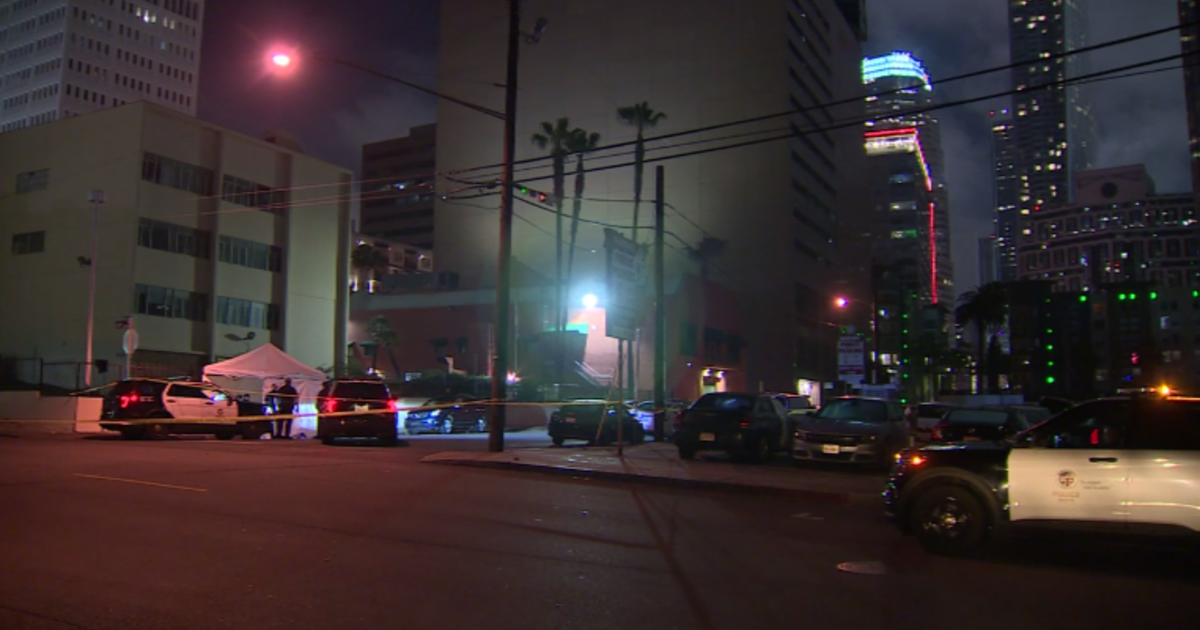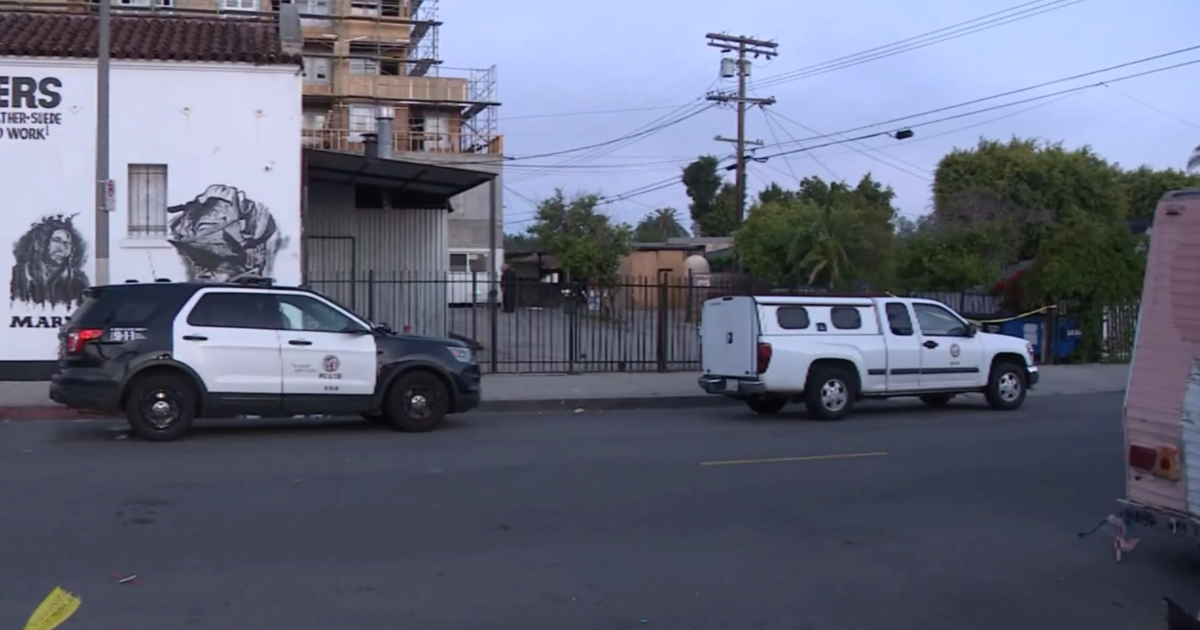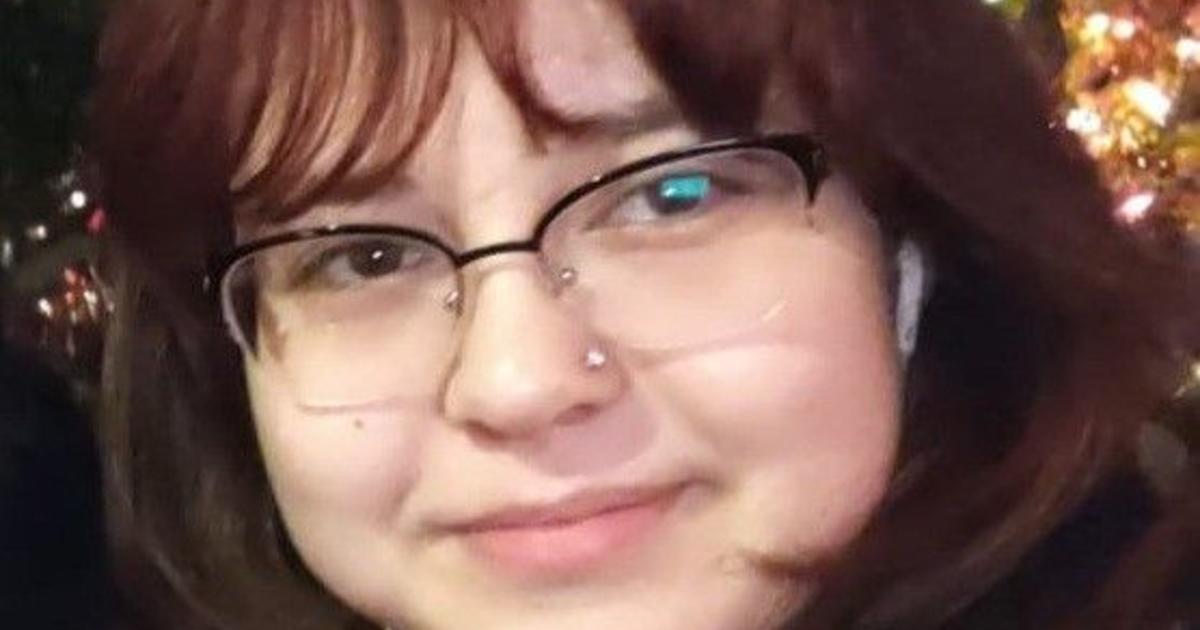DNA Evidence Leads To Killer In Shocking Miracle Mile Triple Murder
LOS ANGELES (CBSLA.com) — Two women and a 2-year-old boy were shot to death in a Miracle Mile-area apartment complex in 2003 in a case that was cold until the work of dogged investigators paid off years later.
It was May 5, 2003, and the slaying of a mother, her toddler son and their nanny in their apartment shocked residents in the Miracle Mile area of Los Angeles.
"A brutal crime scene, had no idea how or why it occurred," said Brian McCartin, lead investigator on the case for the Los Angeles Police Department. "And that was our job to find out, investigate what actually occurred."
Nanny Eun Sik Min, 56, and Nathan Song, 2, were found in the tub in the master bathroom. The toddler's mother, Charis Song, 30, was found slumped against the bathroom wall and floor. Her hands were bound with packaging tape. Her mouth was gagged with tape wrapped around her head.
"While the suspect was taping her face with plastic gloves, he stuck his hand to her face, pulled his hand to get his hand out and the fingertip stuck," McCartin said.
Hidden inside the packaging tape was DNA – not just the victim's, but the suspect's. It was prime evidence that was kept from the media.
But at the time, investigators were unable to find a DNA match and the case remained unsolved. The only suspect was the person detectives always look to first – the spouse, Byung Song.
Byung Song was a respected businessman. He and his wife owned a wholesale garment business in downtown L.A. and attended a Korean Baptist church. The couple had two sons — Ted, 5, and 2-year-old Nathan.
The DNA was not Byung Song's, but that did not clear him.
"We believed Mr. Song was involved," McCartin said.
McCartin said he learned that Byung Song and his wife were having marital and financial problems – but murder? Nothing could ever be proven, and the case went cold for nearly six years.
But then a man named Robin Kyu Cho was brought in for questioning. He was a former neighbor of the Songs and he ran a Ponzi scheme in the Korean community. He had just pleaded guilty for that crime and was serving a five years of probation.
Investigators told Cho they were re-interviewing all former neighbors to see if they could find new leads.
Cho and his family had a parking spot next to the Song family when they lived in the building. He noticed the Songs drove expensive cars. He knew they owned a business in L.A.'s Garment District, and they appeared to be successful.
But Cho didn't offer investigators new information in his interview, and he was released.
Byung Song was also brought in and interviewed separately. Investigators wanted to see if there was any connection between the men. With the exception of their parking spaces and few mutual friends, there was no connection.
"After our interview, he went back to work. He did not contact anybody, did not call anybody, so at that point, our belief was that absolutely, he had nothing to do with the case, nothing to do with the murder of his family," McCartin said.
Song was cleared – but not Cho. In 2009, detectives started following Cho. They knew he was a Ponzi suspect, but was he a murderer, too?
"He drives all over Los Angeles doing really strange things. And he dumps packages in several different trash cans at several different locations. And the cops go and recover one of the packages and in it are five live .38-caliber rounds," Deputy District Attorney Frank Santoro said.
The .38-caliber bullets were the same type used to murder the victims. Later that same day, Cho is brought back, and this time he is interrogated.
"I had nothing, nothing, nothing to do with that case," Cho is seen saying in the interrogation.
"Then how did we get all this evidence?" the detective asks him.
"Well, I don't know," Cho says.
Later in the interrogation, Cho denies ever being in the Songs' apartment.
"I know, Mr. Pike knows, you were there. DNA does not lie. It does not lie, Mr. Cho."
"I don't know how the DNA got there. …"
But detectives did.
The latex fingertips left under the tape wrapped around Charis Song contained DNA determined to belong to Cho. And the only reason that match was made was because Cho had to submit his DNA when he was convicted of the Ponzi scheme.
Cho was arrested and charged with capital murder.
"He was actually one of the most sophisticated criminal defendants I've ever seen," Santoro said. "He convinced businesspeople and family and friends that he was a legitimate businessman while he was nothing but a thief."
But it's a big leap between Ponzi scheme to triple homicide.
"What causes a thief to turn to murder – no one will ever know but when you're talking about panic and being exposed and one thing leads to another and maybe you go into a home to commit a burglary and a robbery, the next thing you know, you're killing people," Santoro said.
Without any other clear motive, Santoro told the jury his theory: Cho went into Song's apartment looking for money. Charis Song, with her keys still in her hand, walked in and surprised him. Cho didn't want any witnesses, so he shot her, the nanny and her son.
In June 2012, nine years after the murders, the jury returned a guilty verdict. And, last fall, Cho was formally sentenced to life in prison without the possibility of parole.
And in court, Cho had to face the victims' families one last time.
"Just once, if I could see her just one more time …" said Kris Kim, the nanny's daughter.
Song's husband, speaking through a translator and letting his disgust be known, said: "He gave up his human, humanity, his right to be a human. The dirty scum."
"The fact that it took six years was very hard and the fact that there was three victims, including a little 2-year-old, which to me there was no reason to kill the little 2-year-old," McCartin said.



